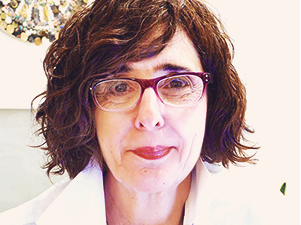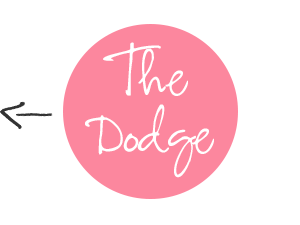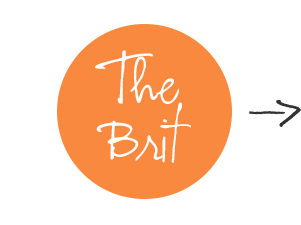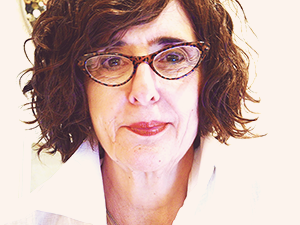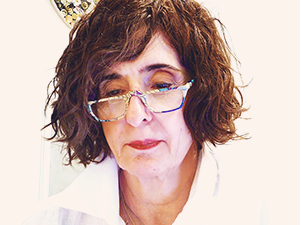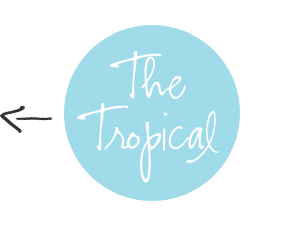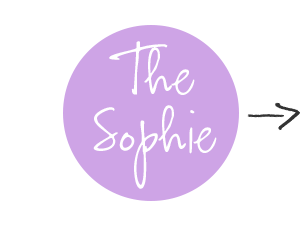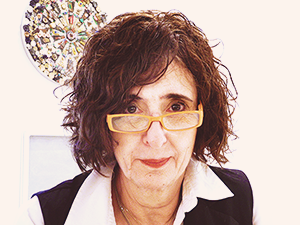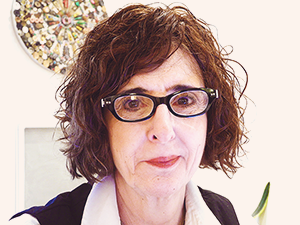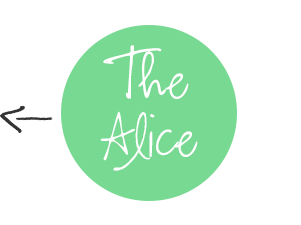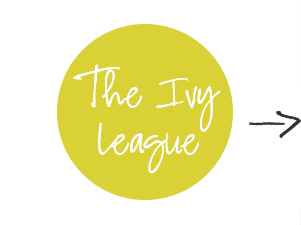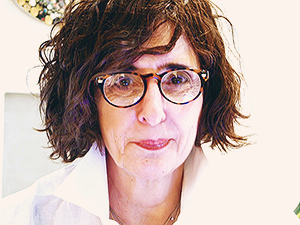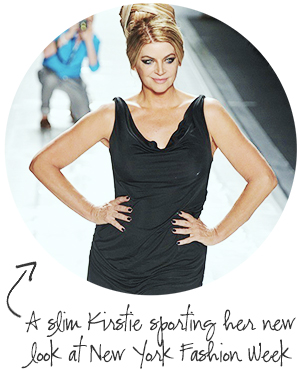
Kirstie Alley looks marvelous again, having lost 50 pounds during the past year. She was beautiful when she was on Cheers in her mid 30s, and she’s still beautiful—and sexy—as she approaches 64. Without playing psychiatrist, I can safely say that Kirstie Alley didn’t feel too good about herself for many years, when she “let herself go,” as my mom would have said. She gained loads of weight, dressed slovenly, had messy-looking hair and didn’t wear a lick of makeup.
Kirstie recently told Matt Lauer on the Today Show that she was motivated to change this time because she wants to continue acting, “hook up,” and feel good about herself during this period of her life. She vows she will finally continue to take care of herself.
Although most of us would never dream of “letting ourselves go,” like the talented actress and comedienne had done, many women over 50 do, indeed, start to let physical changes in our bodies change the way we think and act.
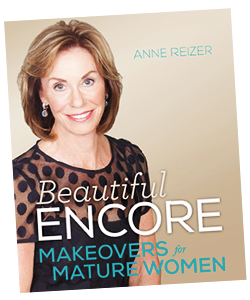
“Not one of us has ‘come of age’ without weathering bumpy periods and having to make adjustments to a life’s plan. Each of us has matured through the life events that have shaped our characters. Now, as we meet new and inevitable challenges and opportunities, we can draw on a lifetime of experiences,” writes 70-year-old Anne Reizer in the introduction to her smart new book, Beautiful Encore, Makeovers For Mature Women.
“Women in our generation have worn all manner of clothing and hairstyles in our lifetimes,” Anne continues. “We spent our twenties in miniskirts. We have worn culottes, maxi dresses, wrap dresses, dresses that looked like nightgowns, power suits with dramatic shoulder pads, western and bohemian styles. We have idolized women like Jacqueline Kennedy Onassis and Audrey Hepburn. Why are we now limiting our style and grooming to a much more narrow menu. Do we feel minimized by our ages? Do we feel that only young women have a right to feel beautiful? Have we decided, for the sake of convenience, 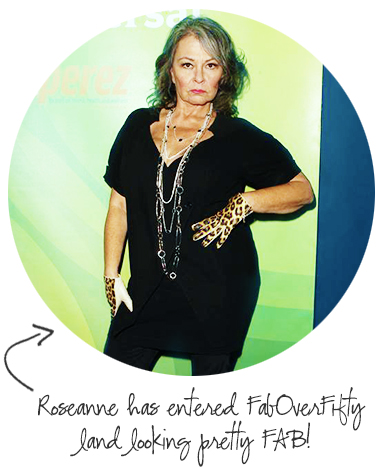 to give up—to let apathy dictate that we let go of our curiosity and our commitment to looking good?”
to give up—to let apathy dictate that we let go of our curiosity and our commitment to looking good?”
I am not crazy about the term “mature women,” (at least it’s better than “senior” AARGH!) but I am crazy about the message in Anne’s book. If we relax our commitment to “looking good” on the outside, it won’t take long until we feel crappy on the inside. “Without a polished exterior, your interior is in shadow. Illuminating yourself by caring about your hair clothing, makeup, and most important of all your health is neither a superficial pursuit nor an insurmountable goal. Looking good leads to engagement and success in other facets of your life,” Anne explains.
Think about it this way: Have you ever known a put-together woman, in her 50s, 60s or 70s,
who didn’t care about her health, her work, her family, her friends? I haven’t.
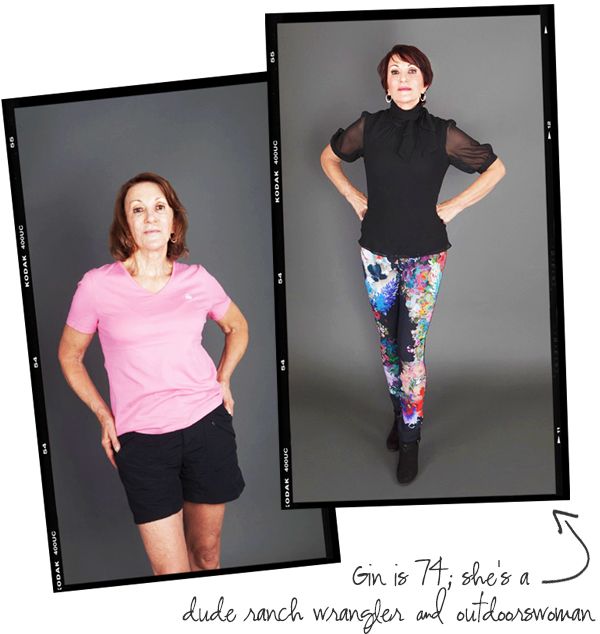
Although Beautiful Encore presents before-and-after photos of 27 “real” women over 50, this is not a how-to book, Anne explains in the introduction. It doesn’t tell us what cut is best for our hair, what blush is best for our cheeks or what sweater and slacks are best for our shape. Rather, the photos are designed to inspire and empower each of us to “reinvest” in ourselves, “physically and emotionally.” Each of the featured women has a different story, body type and lifestyle. But all of them share the “curiosity and positive attitude necessary for change,” Anne writes. “A sense of curiosity keeps life interesting,” she explains. “New people, new experiences, new goals and new ideas add to my belief that life is expanding, not narrowing.”
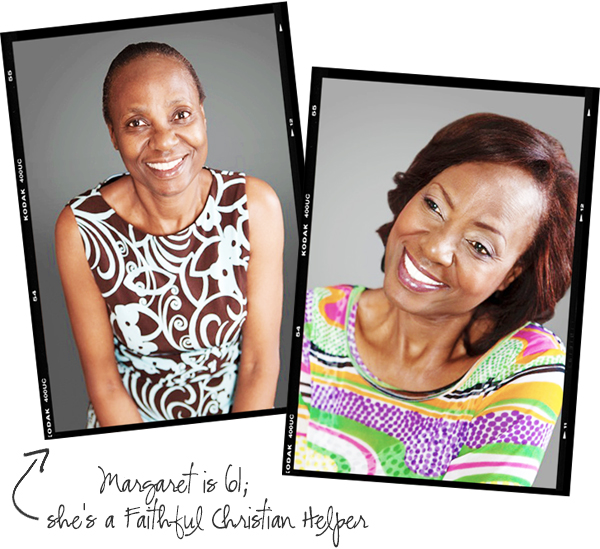
Besides the stories and photographs of the women, the book includes 10 health and beauty articles, written by experts, that explore topics such as exercise, nutrition and hearing. “Older Wiser Happy,” the first article, by psychotherapist Pamela Benison, talks about the challenges of aging that we all face—no matter who we are or where we are—and how we can unlock and use our inner resources to welcome and overcome them, and “create a happy, healthy future.”
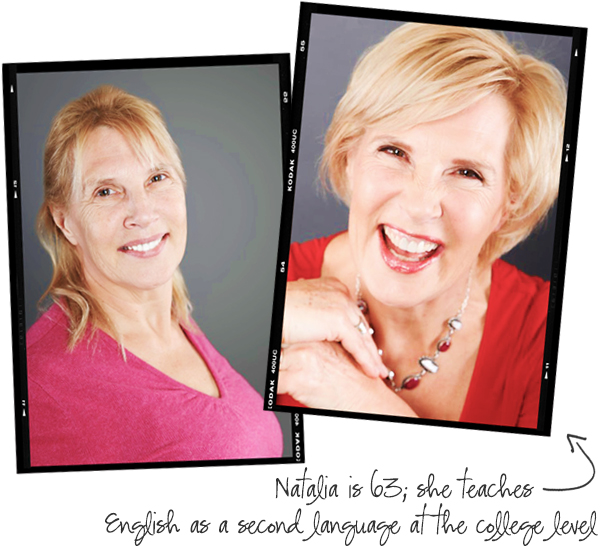
Pamela quotes Eleanor Roosevelt:
“You gain strength, courage, and confidence
by every experience in which you really stop to look fear in the face. You are able to say to yourself,
‘I lived through this horror. I can take the next thing that comes along.’”




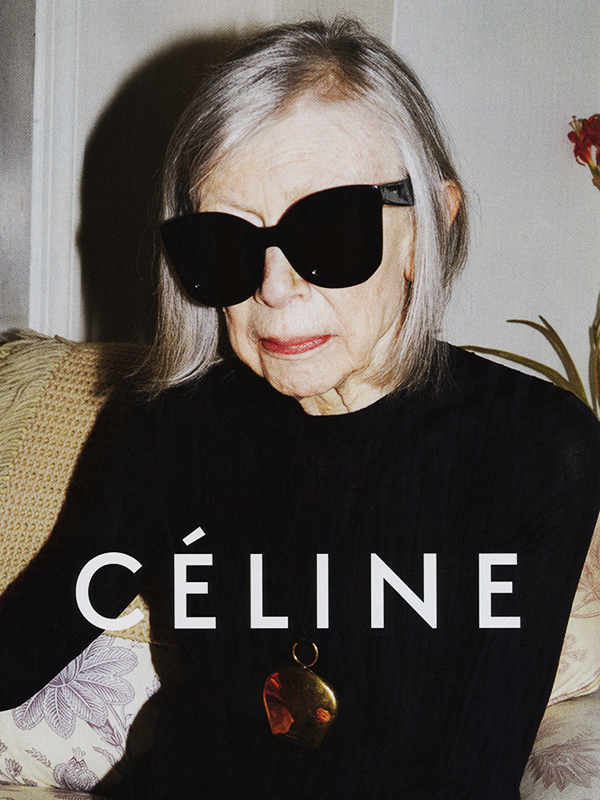
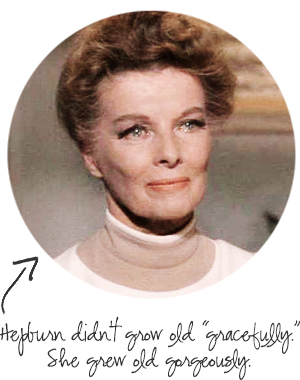 I’m also not a fan of the anorexic look at Joan’s age. (One fashion writer called her “cigarette thin.”)
I’m also not a fan of the anorexic look at Joan’s age. (One fashion writer called her “cigarette thin.”)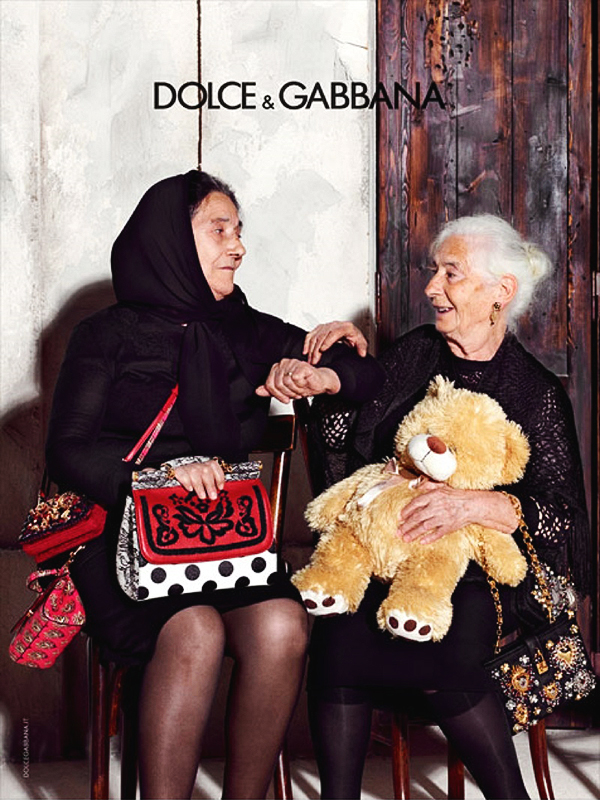
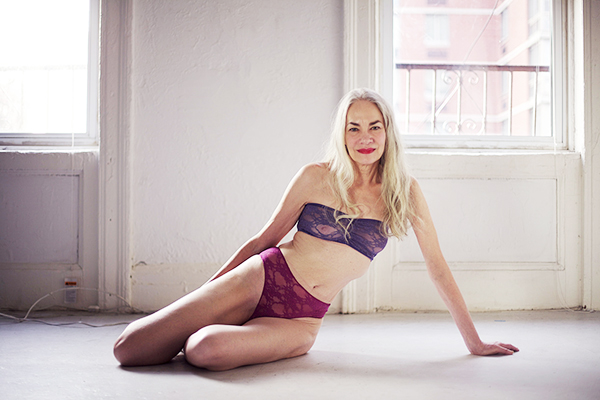


 to give up—to let apathy dictate that we let go of our curiosity and our commitment to looking good?”
to give up—to let apathy dictate that we let go of our curiosity and our commitment to looking good?”


